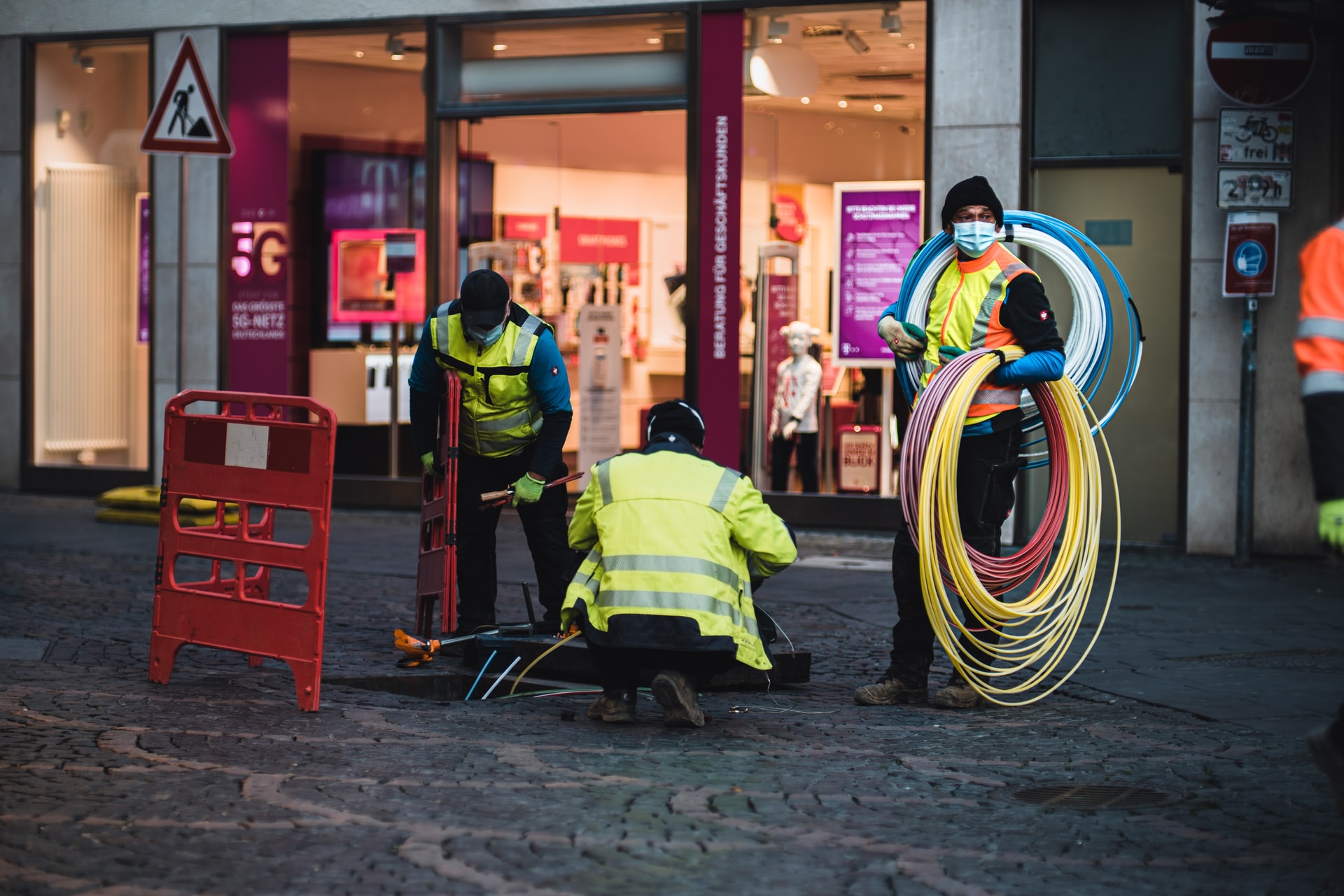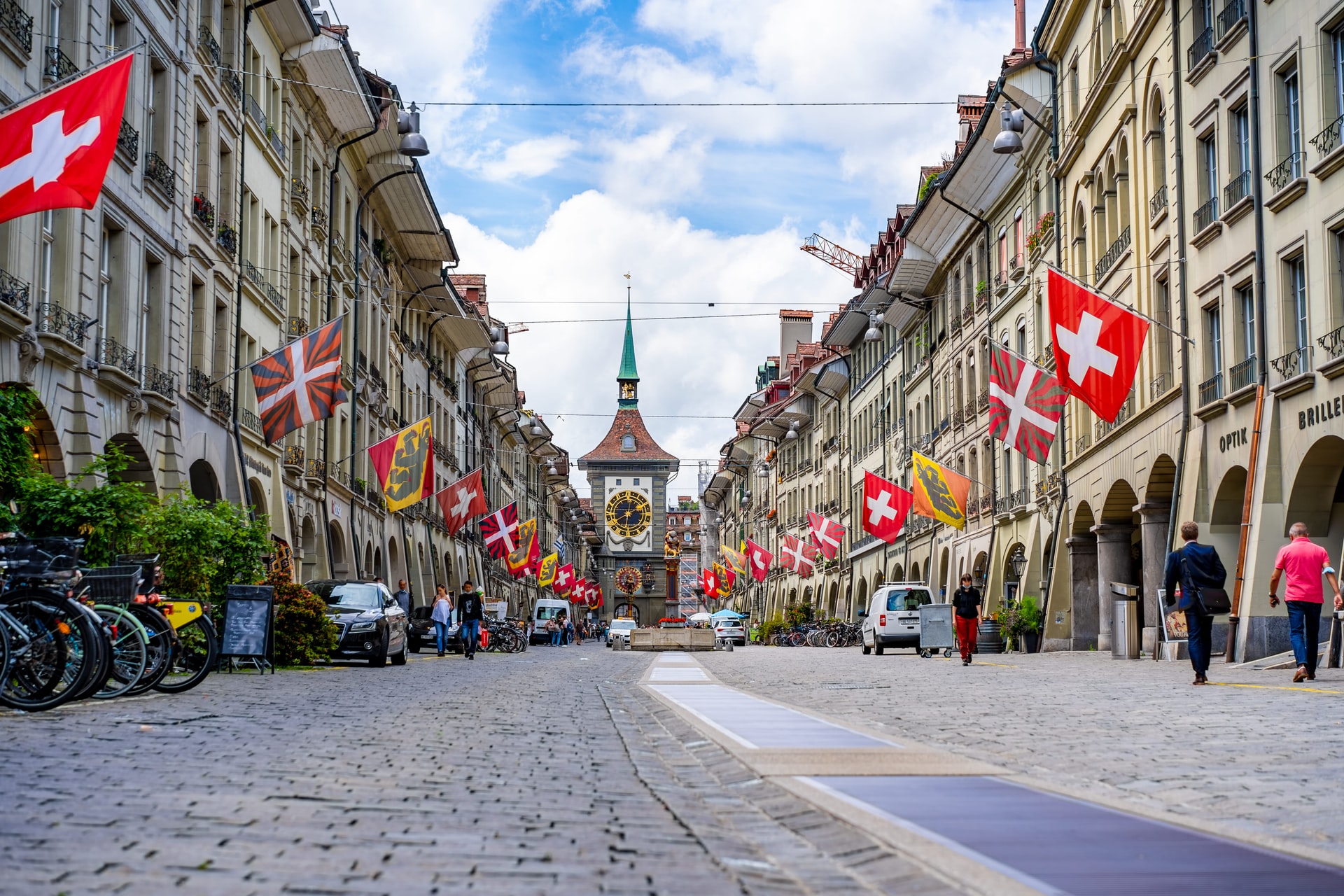The Singapore government is lifting a 2019 moratorium on new data centre construction and will once again allow construction of new server facilities within its borders, provided that they meet criteria for energy efficiency, according to a statement on Tuesday.
Minister for Trade and Industry (MTI) Gan Kim Yong said the government has completed its industry review of the data centre sector and decided to be “more selective” regarding new digital infrastructure to be built in the city, after instituting the earlier ban over fears of excessive energy consumption.
“While we continue to welcome DC (data centre) investments, we intend to be more selective of which DCs we can accommodate,”
Gan said in a written response on Tuesday to a query from a Member of Parliament.
“In particular, we seek to anchor DCs that are best in class in terms of resource efficiency, which can contribute towards Singapore’s economic and strategic objectives.”
Reopening the city-state to new data centres is a welcome move for investors eager to enter Asia Pacific’s “leading market” for server facilities said Stephen Beard, global co-head of data centres for Knight Frank. Singapore’s reopening to new projects comes as Asia Pacific’s digital infrastructure market is growing at a “relentless pace” with the region projected to become the biggest data centre region in the world in terms of capacity over the next decade, according to Cushman & Wakefield.
Regulators Said to Limit Load
Singapore’s government will likely open up the market again to new data centre investments “some time this year” but with stricter rules, including reportedly limiting the power capacity for new facilities to around 5 megawatts, according to market information obtained by Knight Frank.
“I think the moratorium ultimately was a good thing to slow down the rate of growth and to reflect on the concerns around sustainability and the challenges faced by the electrical grid network,”
“The downside with the moratorium lifting is the caveat [where] data centre applications will have to consider a maximum load of 5 megawatts. I personally think it’s quite a naive move to incorporate that caveat.”
Beard said on Thursday.
Beard said the capacity ceiling may be enough to meet the needs of operators serving retail users but will be a handicap for facilities targeting hyperscalers like Amazon, Microsoft and Apple, which usually require 8-24 megawatts of power in Singapore.
“The danger for Singapore and their development corporations is that we’ll see applications for numerous data centers to facilitate the deployment requirements of the cloud, so rather than considering 3 to 4 applications on an annualized basis, they may well see applications for 16,”
he warned.
MTI, which has yet to publish detailed guidelines, said it is reaching out to industry players for feedback and further input on the updated policy. The trade minister explained that the industry undertaken in 2019 was crucial in helping the government devise a system that will allow the sector to grow in a sustainable manner while ensuring that Singapore is on track to meet its commitments to climate change mitigation.
There are currently 70 data centres operating in Southeast Asia’s wealthiest nation as of last year with a total power capacity of 1,000 megawatts. These server hosting facilities were responsible for about 7 percent of the country’s total power consumption in 2020, up from 5.3 percent a year earlier based on government data.
Players Want More Flexibility
As an alternative to limiting facility capacity, Knight Frank’s Beard suggested that updated policies could focus on ensuring that operators are able make their facilities “genuinely green and sustainable.” He noted that Singapore’s Keppel Corp is currently exploring the possibility of developing a floating data centre park which would be cooled directly by the sea while conserving the island nation’s scarce land resources.
Should the government move forward with a cap on power use by individual facilities, such a policy could also force operators to acquire multiple projects to achieve their capacity requirements, he said, which would only add to the country’s problems given its limited supply of sites.
In its statement, the MTI noted that Singapore has already established green certifications and incentive schemes promoting data centre sustainability, including the Ministry of National Development’s Green Mark for Data Centres program, as well as the Resource Efficiency Grant for Energy and the Investment Allowance for Emissions Reduction schemes which reward companies for achieving energy efficiency.
Cushman & Wakefield’s 2022 Data Centre Global Market Comparison report published this week showed Singapore ranked as the biggest data centre market in APAC and second globally after northern Virginia, surpassing its regional peers Hong Kong and Sydney despite the moratorium.
“The (second place) result is also a testament to its strong ecosystems, excellent connectivity, consistent demand, and all major cloud services available and expanding where possible,”
the property agency said.
Source:






Comments